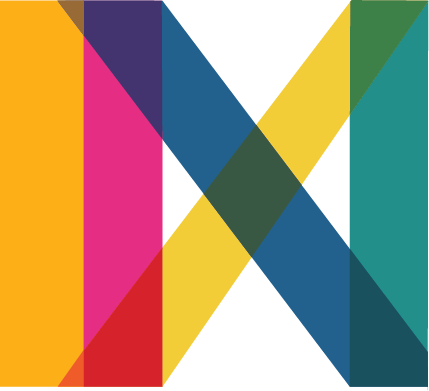
ME=WE MOVEMENT
“Like fungi and plants, we are co-becoming with our ecosystems. Ecosystems that are ruptured, polluted, and confused by our culture’s deracinated idea that you can live without a root system. But if we are going to survive, we need to tie our roots to other roots. Resilience ecology tells us that landscapes with more biodiversity, more overall connectivity are better able to withstand natural disasters and climatological pressures. We are going to need to drop below human exceptionalism into the underworld of symbiotic co-creation.” - Sophie Strand.
ME=WE MOVEMENT is to bring awareness of oneness humanity and to practice ME=WE as a contemporary lifestyle. It starts from self transformation leading to societal transformation through service. It supports, strengthens, and celebrates our growing ME=WE communities.
by building radical local hubs where the next-gen can vibe, grow, and become the powerful force for good we know they can be. So, to everyone out there. ME=WE’ approaches and practices effectively illuminate and address these blind spots, fostering a lifelong commitment to learning and practices that can heal social, ecological, economic, and soulful blind spots, fostering unity and meaningful change.
ME=WE BLIND SPOTS
Throughout humanity’s collective evolution, we seem to have lost touch with the innate ability to live harmoniously with others. This has led to a troubling perception that ME=WE is impractical, relegating it to the sidelines and creating a division between self and society. These discrepancies may indicate that we have blind spots in our current systems. For instance, the concept of Ubuntu, which emphasizes "I am because you are," often seems unrealistic, engulfed by competition rather than collaboration. What if we nurtured collaborative skills right from birth and prioritized this birth right in education systems? Perhaps ‘ME=WE’ is closer to our reach than we think, and achieving it could be more practical than maintaining the status quo.
Here are blind spots in 4 areas that might lead to a catalyst for change.
ECOLOGICAL
destroyer vs. explorer
ECOLOGICAL (Destroyer vs. Explorer): We face a danger of harming our own planet and leaving problems for future generations, almost as if our human senses can't pick up the loudest (over 20 kHz) or softest (lower 20 Hz) sounds in nature. This raises questions about whether we've overlooked nature's warnings about our self-destructive actions and why we struggle to deeply understand nature's fundamental laws and our own nobility. Could it be linked to our survival instincts, competitive behavior, materialism, and consumerism? It appears that we often live with limited perspectives, tribalism, and disconnection, resulting in issues like ocean pollution, environmental damage, and mental health problems.
SOCIAL
pessimist vs. protagonist
SOCIAL (Pessimist vs. Protagonist): Our tendency to judge others based on appearances and assumptions often leads to misunderstandings, divisions, conflicts, and even harm or violence. However, the reality is that many of us are distant cousins, and the oneness of humanity isn't just an idealistic notion but a scientific fact, as demonstrated by The Momondo Project (Sorenson, 2016). Science has uncovered the prejudices and biases ingrained in old paradigms, which can be toxic and hinder our social relationships. How much more can we collectively unveil our shared humanity for a new paradigm? It is the responsibility of each individual to abandon pessimism, eliminate prejudice, and cultivate relationships rooted in mutual respect and appreciation.
ECONOMIC
greed vs. generator
ECONOMIC (Greed vs. Generator): We often feel overwhelmed and lose hope in a world where economic systems seem to enslave people. Bridging the wealth gap can appear daunting, leaving us unaware of the subtle connections between material and spiritual progress. We act as if the intricate unity between them is a fantasy when a spiritual dimension of the oneness of humanity can offer a remedy for healing a material-driven economy, transforming our greed into the power to generate equitable economic systems. Consider the magnificent ‘ME=WE’ viewpoint expressed in Thich Nhat Hanh's poem titled 'Call Me by My True Name'(Hanh, 2001).
SOULFUL
caged vs. seeker
SOULFUL (Caged vs. Seeker): We seem happy when freed from a prison of self, and joy gives us wings to fly to the highest human potential (ʻAbdu'l-Bahá, 1921). Mental health issues afflict every corner of our world, with the troubling statistic of suicide ranking as the second leading cause of death among people aged 10-14 and 25-34 (CDC 2016). However, this sobering fact should serve as a wake-up call to recognize and harness our soulful capacities, enabling us to realign and reshape our soul's triumphant journey on Earth.
What is your blind spot?
We all have our own blind spots. Please share yours with a photo and a word(s) on our instagram and register ME=WE workshop for free. www.instagram.com/innoco.co





